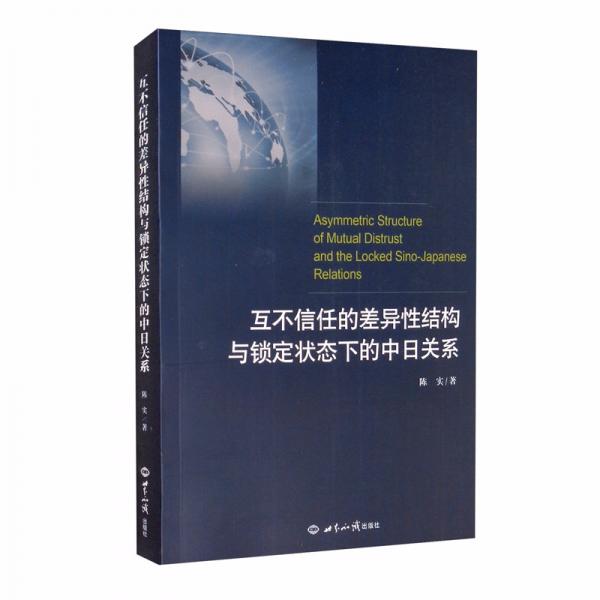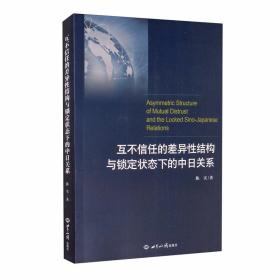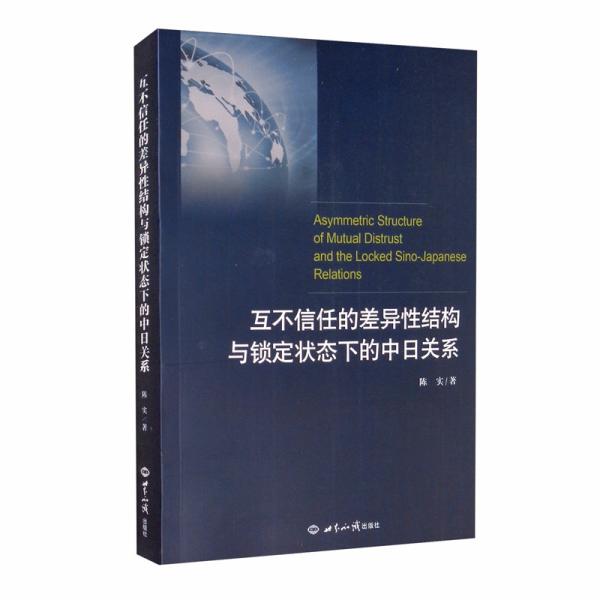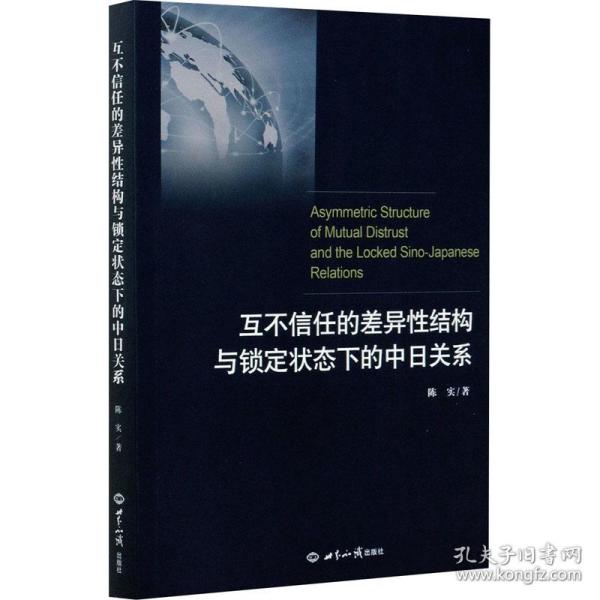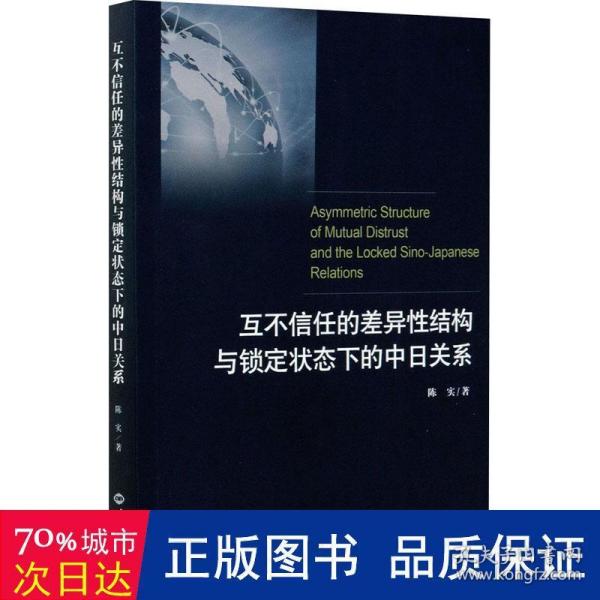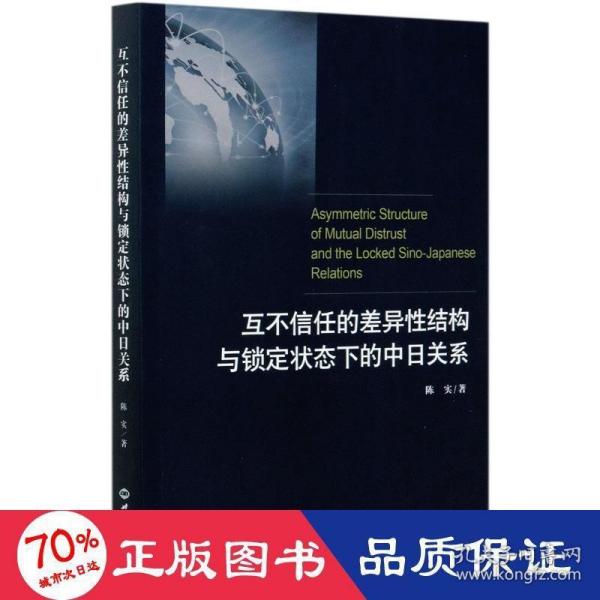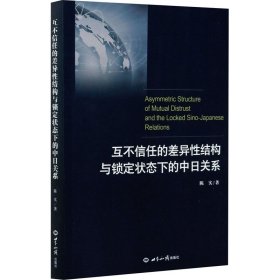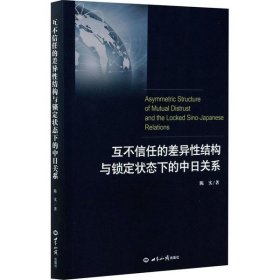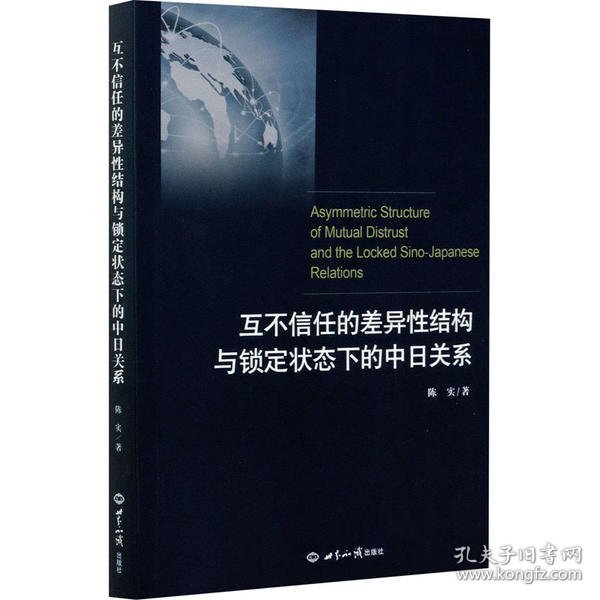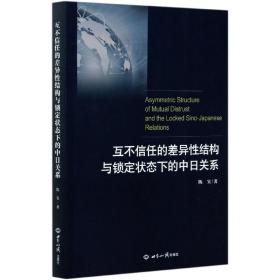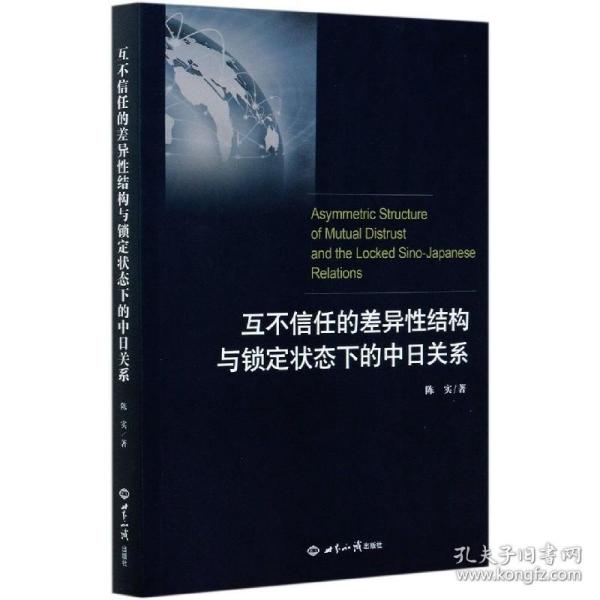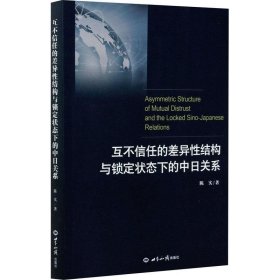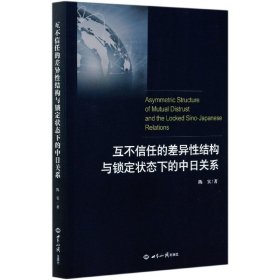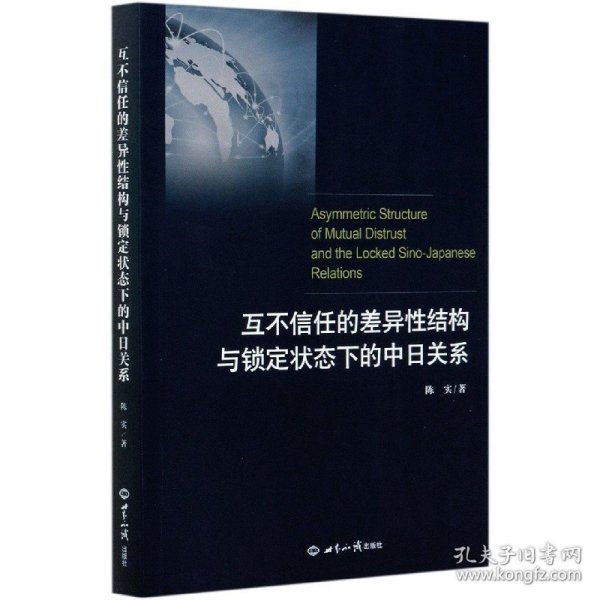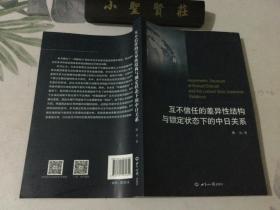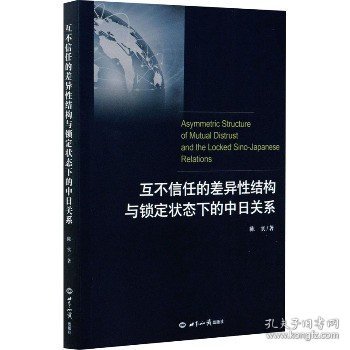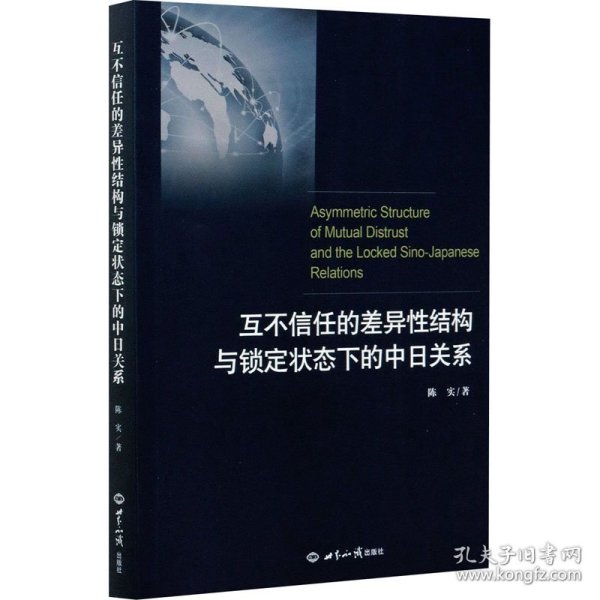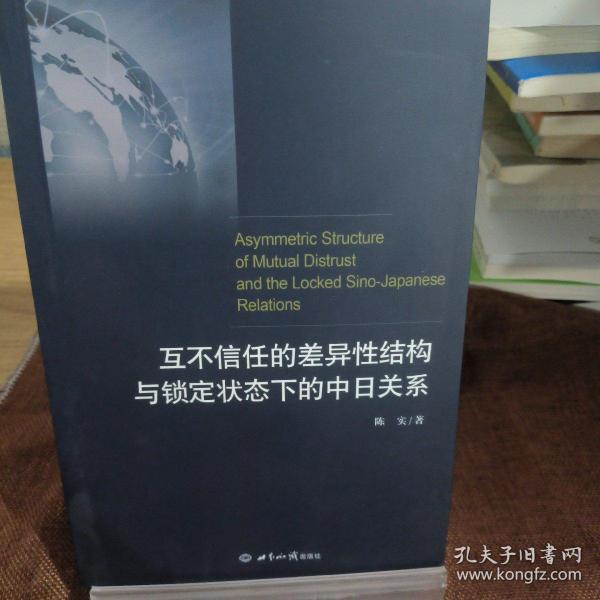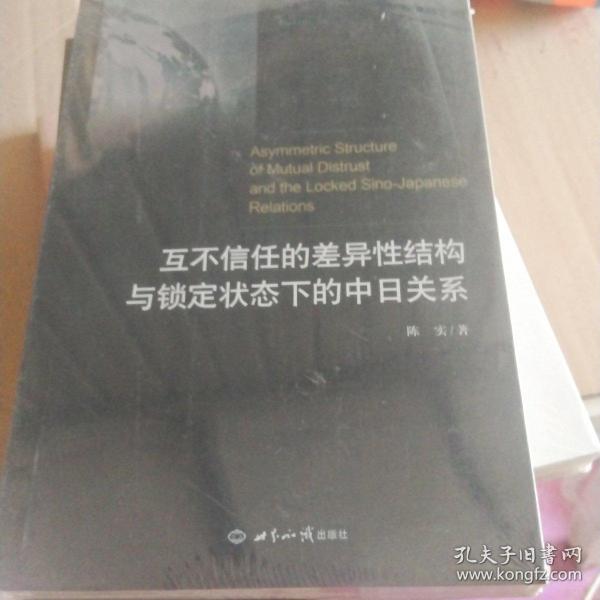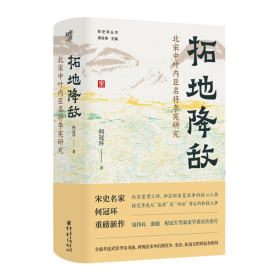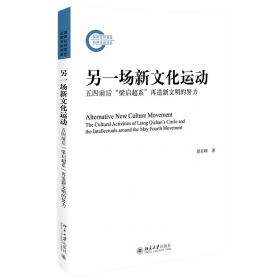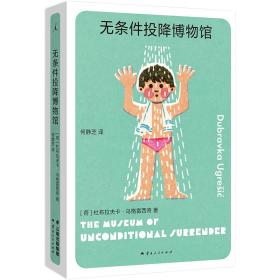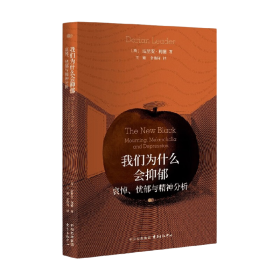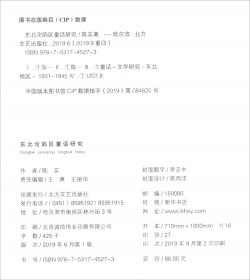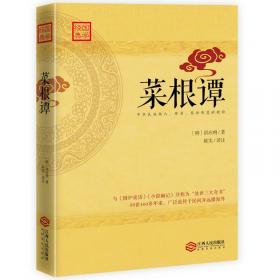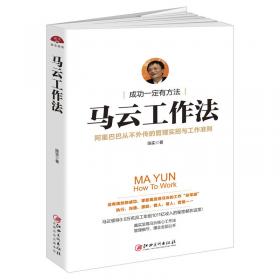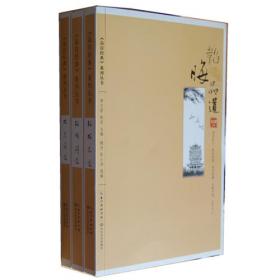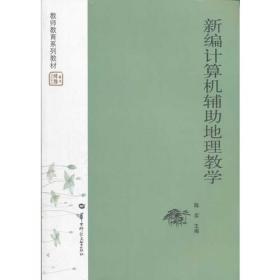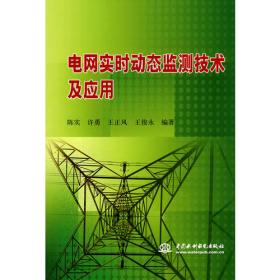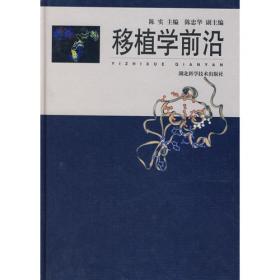互不信任的差异性结构与锁定状态下的中日关系
出版时间:
2020-08
ISBN:
9787501262694
-
《互不信任的差异性结构与锁定状态下的中日关系》提出了一种解构21世纪中日关系多次起伏的研究角度,即分析中日关系中存在的具有差异性结构的互不信任问题。
《互不信任的差异性结构与锁定状态下的中日关系》认为,日本当前更关注的是基于中国综合国力上升的战略问题,而中国目前更关注的是有关历史的道德问题。中日关系之所以陷入僵局,是因为双方在战略和道德问题上的核心关切不同、结构不对称,从而形成了难以化解的结构性互不信任。其中,由于日本多次在历史问题上出现不负责任的举动,且认为历史问题已经解决并因此不回应中国的合理关切,导致中国对日本的道德不信任不断加剧;同时,日本在“中国威胁论”的基调下,视中国为对自身安全的威胁并产生了对中国的战略不信任,但由于日本的战略不信任源于不合理的“中国威胁论”且无法反映中国和平发展的意愿,因此中国不可能给予日本理想中的“回应”。由于核心关切领域不同,两国因此缺乏同时解决问题的动机,这因此导致中日关系锁定在时好时坏的状态中。
《互不信任的差异性结构与锁定状态下的中日关系》通过定性分析确定中日互不信任的关键领域,并对相应指标进行包括官方话语的定量分析、民意调查结果解读和学界访谈等多角度分析,以论证互不信任的差异性结构的存在及其对中日关系的影响。 陈实,英国杜伦大学政治学博士,外交学院外交学与外事管理系讲师。
研究兴趣包括中日关系、国家间信任、中国海外利益保护等。
曾完成多篇外交部政策报告、参与《全面推进中国特色大国外交》编写工作等。 Chapter 1: Introduction
1.1 Background
1.2 Research questions
1.3 Methodology
1.4 Structure of this book
1.5 Sectional Conclusion: why the research is significant
Chapter 2: A theoretical framework
2.1 Is trust a normative behavior or a rational choice for states in international relations?
2.1.1 A basic understanding of trust in international relations
2.1.2 Normative relations versus rationality in international relations
2.1.3 Does trust in international relations conform to norms or reflect a rational choice?
2.2 Trust and International Relations Theory approaches
2.2.1 Realism
2.2.2 Liberalism
2.2.3 Constructivism
2.2.4 Other related IR theory approaches or perspectives
2.3 The definition of trust in this research
2.3.1 Strategic trust on strategic issues
2.3.2 Moral trust and political trustworthiness
2.3.3 The manifestations of trust
2.3.4 Trust, not trust and distrust
2.4 The measurement of trust
2.4.1 How to measure trust/distrust in existing literature
2.4.2 The core argument: measuring trust/distrust through analysis at different levels
2.5 Reconciliation as the aim of trust
2.5.1 Ending conflicts
2.5.2 Improving interstate relations
2.6 A theoretical framework
2.6.1 A conclusive remark
2.6.2 A description of the structure of this book
……
Chapter 3: Literature Review
Chapter 4: Determinants of trust and distrust in Sino-Japanese relations
Chapter 5: Japan\'s distrust on China
Chapter 6: China\'s distrust of Japan
Chapter 7: The locked Sino-Japanese relations and the unlocking process through trust building
Chapter 8: Conclusion
Bibliography
Appendix
-
内容简介:
《互不信任的差异性结构与锁定状态下的中日关系》提出了一种解构21世纪中日关系多次起伏的研究角度,即分析中日关系中存在的具有差异性结构的互不信任问题。
《互不信任的差异性结构与锁定状态下的中日关系》认为,日本当前更关注的是基于中国综合国力上升的战略问题,而中国目前更关注的是有关历史的道德问题。中日关系之所以陷入僵局,是因为双方在战略和道德问题上的核心关切不同、结构不对称,从而形成了难以化解的结构性互不信任。其中,由于日本多次在历史问题上出现不负责任的举动,且认为历史问题已经解决并因此不回应中国的合理关切,导致中国对日本的道德不信任不断加剧;同时,日本在“中国威胁论”的基调下,视中国为对自身安全的威胁并产生了对中国的战略不信任,但由于日本的战略不信任源于不合理的“中国威胁论”且无法反映中国和平发展的意愿,因此中国不可能给予日本理想中的“回应”。由于核心关切领域不同,两国因此缺乏同时解决问题的动机,这因此导致中日关系锁定在时好时坏的状态中。
《互不信任的差异性结构与锁定状态下的中日关系》通过定性分析确定中日互不信任的关键领域,并对相应指标进行包括官方话语的定量分析、民意调查结果解读和学界访谈等多角度分析,以论证互不信任的差异性结构的存在及其对中日关系的影响。
-
作者简介:
陈实,英国杜伦大学政治学博士,外交学院外交学与外事管理系讲师。
研究兴趣包括中日关系、国家间信任、中国海外利益保护等。
曾完成多篇外交部政策报告、参与《全面推进中国特色大国外交》编写工作等。
-
目录:
Chapter 1: Introduction
1.1 Background
1.2 Research questions
1.3 Methodology
1.4 Structure of this book
1.5 Sectional Conclusion: why the research is significant
Chapter 2: A theoretical framework
2.1 Is trust a normative behavior or a rational choice for states in international relations?
2.1.1 A basic understanding of trust in international relations
2.1.2 Normative relations versus rationality in international relations
2.1.3 Does trust in international relations conform to norms or reflect a rational choice?
2.2 Trust and International Relations Theory approaches
2.2.1 Realism
2.2.2 Liberalism
2.2.3 Constructivism
2.2.4 Other related IR theory approaches or perspectives
2.3 The definition of trust in this research
2.3.1 Strategic trust on strategic issues
2.3.2 Moral trust and political trustworthiness
2.3.3 The manifestations of trust
2.3.4 Trust, not trust and distrust
2.4 The measurement of trust
2.4.1 How to measure trust/distrust in existing literature
2.4.2 The core argument: measuring trust/distrust through analysis at different levels
2.5 Reconciliation as the aim of trust
2.5.1 Ending conflicts
2.5.2 Improving interstate relations
2.6 A theoretical framework
2.6.1 A conclusive remark
2.6.2 A description of the structure of this book
……
Chapter 3: Literature Review
Chapter 4: Determinants of trust and distrust in Sino-Japanese relations
Chapter 5: Japan\'s distrust on China
Chapter 6: China\'s distrust of Japan
Chapter 7: The locked Sino-Japanese relations and the unlocking process through trust building
Chapter 8: Conclusion
Bibliography
Appendix
查看详情
-
全新
河北省保定市
平均发货28小时
成功完成率87.53%
-
全新
河北省保定市
平均发货23小时
成功完成率91.07%
-
全新
北京市丰台区
平均发货27小时
成功完成率91.34%
-
全新
江苏省苏州市
平均发货9小时
成功完成率95.53%
-
全新
河北省保定市
平均发货27小时
成功完成率83.83%
-
全新
北京市丰台区
平均发货23小时
成功完成率88.58%
-
全新
江苏省无锡市
平均发货8小时
成功完成率95.79%
-
全新
河北省保定市
平均发货21小时
成功完成率83.79%
-
全新
山东省济宁市
平均发货68小时
成功完成率81.11%
-
全新
河北省保定市
平均发货14小时
成功完成率82.69%
-
全新
浙江省嘉兴市
平均发货10小时
成功完成率94.04%
-
全新
河北省廊坊市
平均发货20小时
成功完成率85.79%
-
全新
河北省保定市
平均发货17小时
成功完成率82.93%
-
全新
河北省廊坊市
平均发货14小时
成功完成率90.23%
-
九五品
北京市东城区
平均发货27小时
成功完成率84.56%
-
全新
北京市西城区
平均发货28小时
成功完成率88.57%
-
全新
北京市通州区
平均发货10小时
成功完成率88.04%
-
全新
天津市津南区
平均发货13小时
成功完成率94.41%
-
全新
浙江省杭州市
平均发货18小时
成功完成率92.6%
-
全新
广东省广州市
平均发货8小时
成功完成率94.8%
-
全新
河北省廊坊市
平均发货16小时
成功完成率82.06%
-
九五品
北京市朝阳区
平均发货5小时
成功完成率97.19%
-
九品
北京市朝阳区
平均发货5小时
成功完成率97.19%
-
全新
北京市朝阳区
平均发货19小时
成功完成率80.45%
-
全新
北京市东城区
平均发货11小时
成功完成率95.4%
-
全新
北京市朝阳区
平均发货13小时
成功完成率93.29%
-
全新
广东省广州市
平均发货7小时
成功完成率89.52%
-
全新
河北省保定市
平均发货15小时
成功完成率82.47%
-
九五品
北京市丰台区
平均发货7小时
成功完成率76.54%
-
全新
河北省保定市
平均发货26小时
成功完成率84.9%
-
全新
江苏省徐州市
平均发货12小时
成功完成率93.33%
-
九五品
安徽省阜阳市
平均发货13小时
成功完成率90.91%
-
全新
河南省新乡市
平均发货22小时
成功完成率72.56%
-
全新
河北省保定市
平均发货9小时
成功完成率79.61%
-
全新
河北省保定市
平均发货11小时
成功完成率85.09%
-
九五品
河北省廊坊市
平均发货28小时
成功完成率85.9%

 占位居中
占位居中

